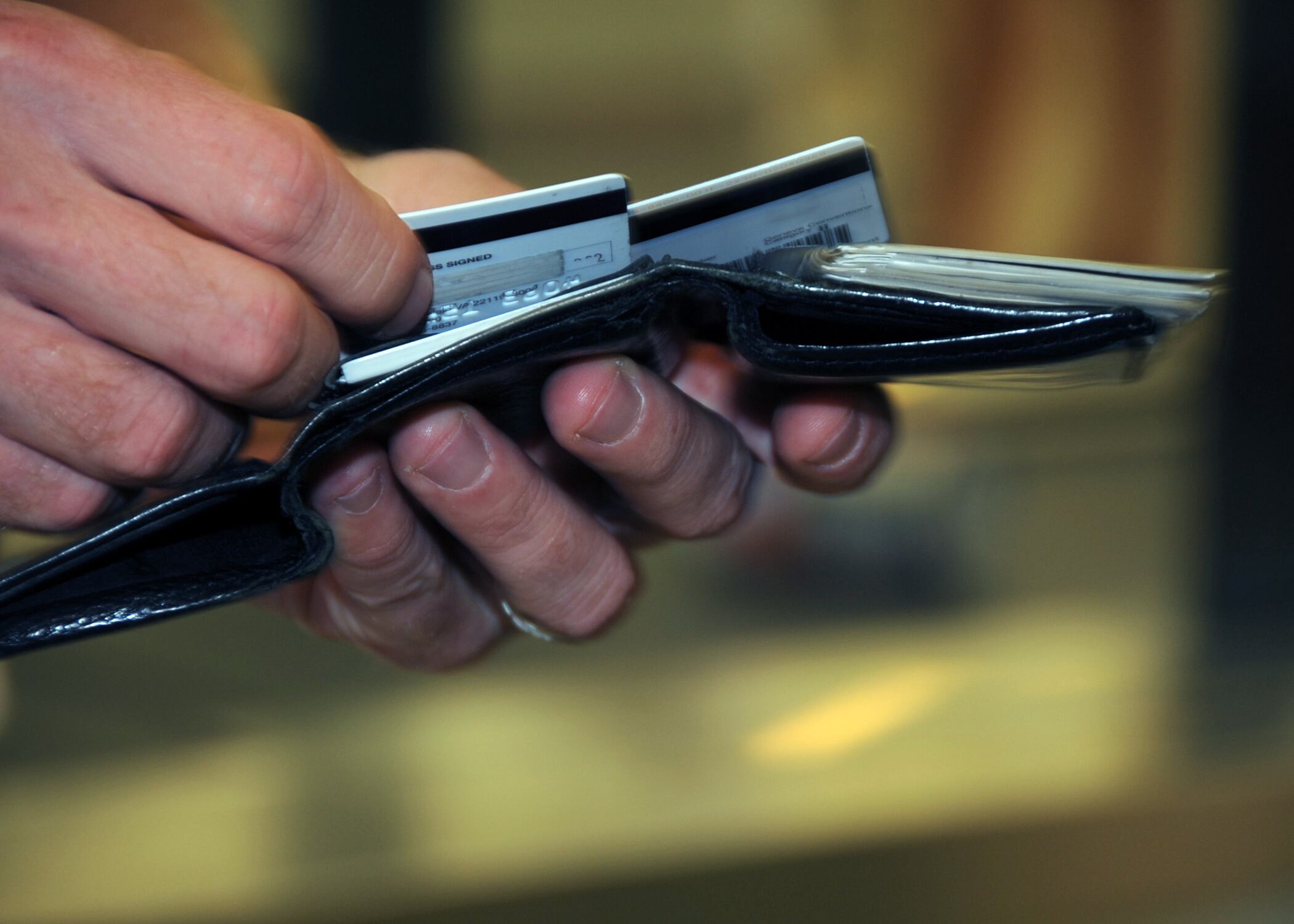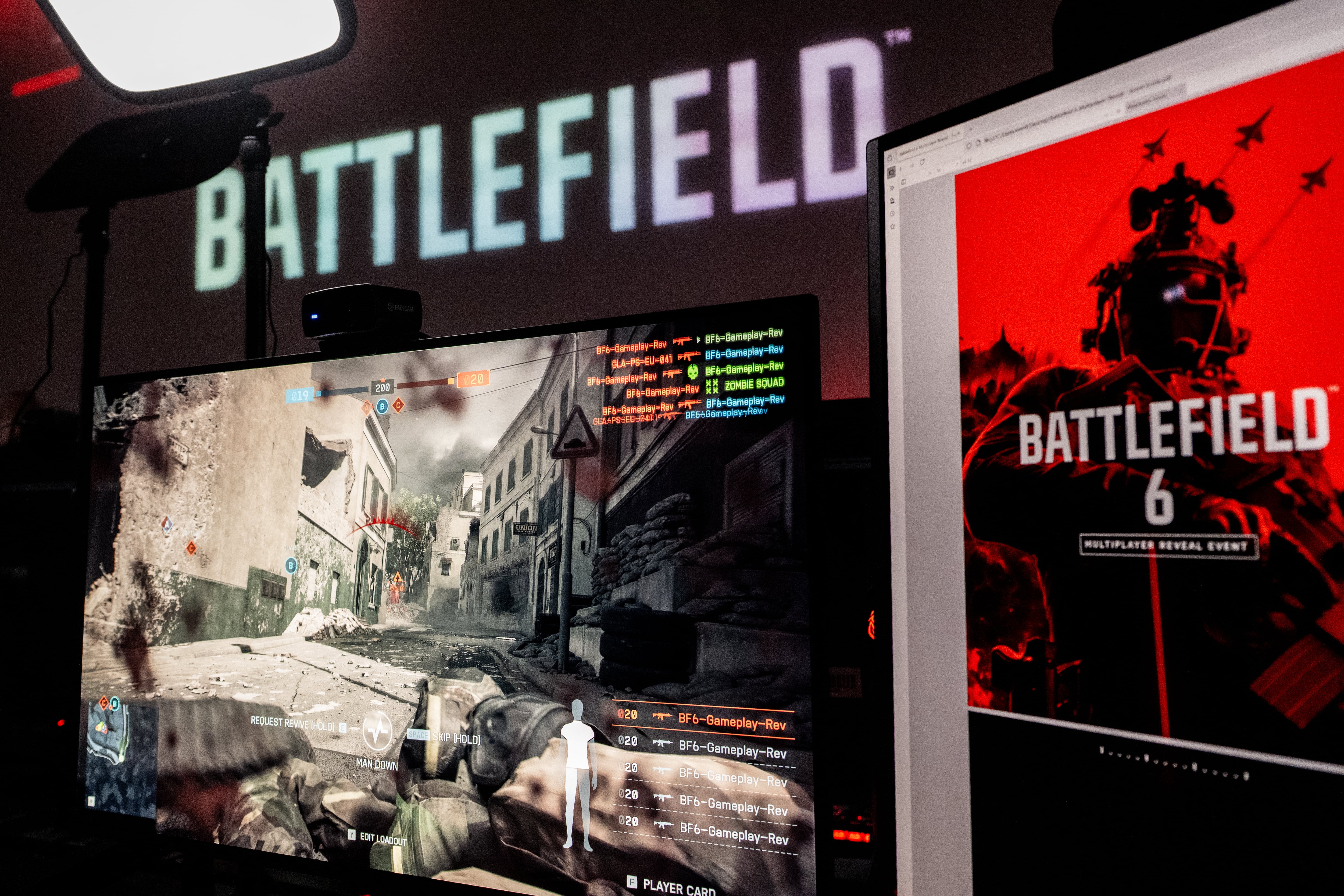Benjamin Wilson stood among the scores of dismayed troops scrambling for defensive positions during the early morning hours of Dec. 7, 1941. That day, Wilson, who enlisted as an Army infantryman just a year earlier, found himself at Oahu’s Schofield Barracks, watching smoke rise from the horizon as waves of Japanese aircraft carried out a surprise attack on the unsuspecting personnel at Pearl Harbor’s Battleship Row miles away.
A handful of Japanese Zeroes drifted north, strafing adjacent barracks and airfields, including Schofield, in an effort to eliminate any chance of counter-attack. Those brief encounters, however, would be the only action the Washington state native would see during World War II.
By 1942, Wilson was enrolled in Officer Candidate School at Fort Sill, Oklahoma. Numerous assignments to stateside training positions followed, each taking precedence over Wilson’s requests to lead men into combat.
Upon the war’s conclusion, Wilson resigned his commission and returned to Washington to work in a lumber mill. But life outside the Army did not agree with him, and as the service drew down its officer ranks, Wilson opted to return to the Army as a private, rising quickly through the ranks — due to his prior experience — as the Korean War beckoned on the horizon.
By June 1951, then-Master Sgt. Wilson and the men from I Company, 3rd Battalion, 31st Infantry Regiment were positioned in what is now the northeastern region of South Korea. The task was to assault and take the area’s largest hill — later known as “Hell Hill” — overlooking the Hwachon Reservoir.
Instead of directing the charge from a safer position, as his higher rank may have afforded, Wilson spirited I Company along from the front, shouting instructions as the advance was slowed by a hail of enemy machine gun fire.
Spotting one enemy bunker, Wilson charged ahead, firing his rifle and hurling grenades until all four of the position’s occupants were eliminated. He then regrouped his men into a bayonet assault on a fortified Chinese gun position. The assault killed 27 enemy soldiers.
Just as more I Company soldiers rallied to the forwardmost line of the advance, the enemy launched a counterassault in an effort to retake the position. Wilson, seeing the possibility that I Company could be overrun, abandoned the cover of the newly taken stronghold and took off on a one-man assault across open ground, killing seven and wounding two more as the rest scattered.
Wilson’s men quickly rallied to him and continued the advance, this time pushing to within 15 yards of the objective before a wave of enemy gunfire stonewalled the assault.
Under the withering barrage, Wilson was wounded and subsequently ordered his men to withdraw as a hail of fire pinned I Company down. While his men slipped away from the vulnerable position, Wilson remained behind and provided cover fire.
Injuries began to mount, as both the company’s commanding officer and another platoon leader were hit by enemy fire. Once again, Wilson pounced, charging the enemy gun positions alone and killing three before it was wrested from his control in hand-to-hand combat. In a flash, Wilson reached for his entrenching tool and bludgeoned four more enemy soldiers.
Despite bleeding from several injuries, Wilson continued to provide cover fire as his men regrouped into an orderly withdrawal back down the hill. Wilson would go on to receive the Medal of Honor for his herculean feats on the hill, but his story doesn’t end there.
Only once his men were safely evacuated did the wounded master sergeant vacate his forward position, carried down the hill on a stretcher by two soldiers. Half-way down the hill, the soldiers set the litter down so Wilson could get patched up.
The rest period did not go over well with Wilson. Without saying a word, he ditched the stretcher and quietly crept back up to rejoin the forwardmost detachment.
Wilson arrived to find I Company had once again become pinned during an assault up a separate hill, so Wilson, with bandaged wounds, charged alone on the enemy and repelled a counterattack over open terrain. The solo assault resulted in nine enemy KIA and sent the rest into retreat.
Only when his days-old wounds reopened did Wilson finally acquiesce to leaving the battlefield and receiving medical care. Once again, his actions were sent up the chain for a Medal of Honor recommendation. Having already been put in for one for actions just days prior, he instead received the Distinguished Service Cross.
By the end of his career in 1960, the man who once regretted missing combat during World War II, despite being present for the conflict’s opening shots, retired from the Army a combat-hardened major. (Wilson was commissioned once again upon returning to the U.S. from Korea.)
Benjamin Wilson passed away in 1988 at the age of 66.
Read his Medal of Honor citation here.
J.D. Simkins is the executive editor of Military Times and Defense News, and a Marine Corps veteran of the Iraq War.
Tags:
best military storiesbest war storiescrazy military storieskorean war storiesbenjamin wilson koreaIn Other News















